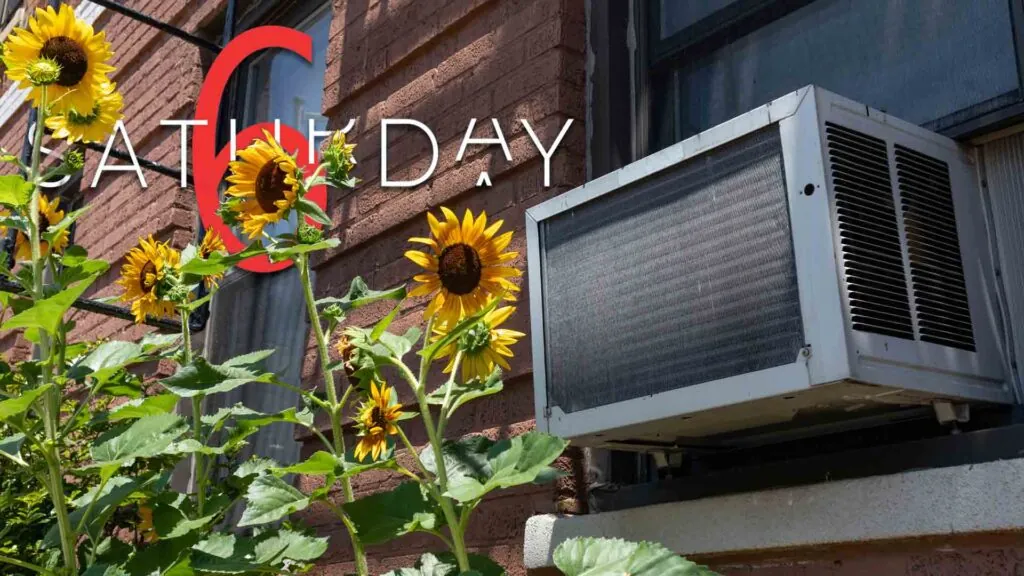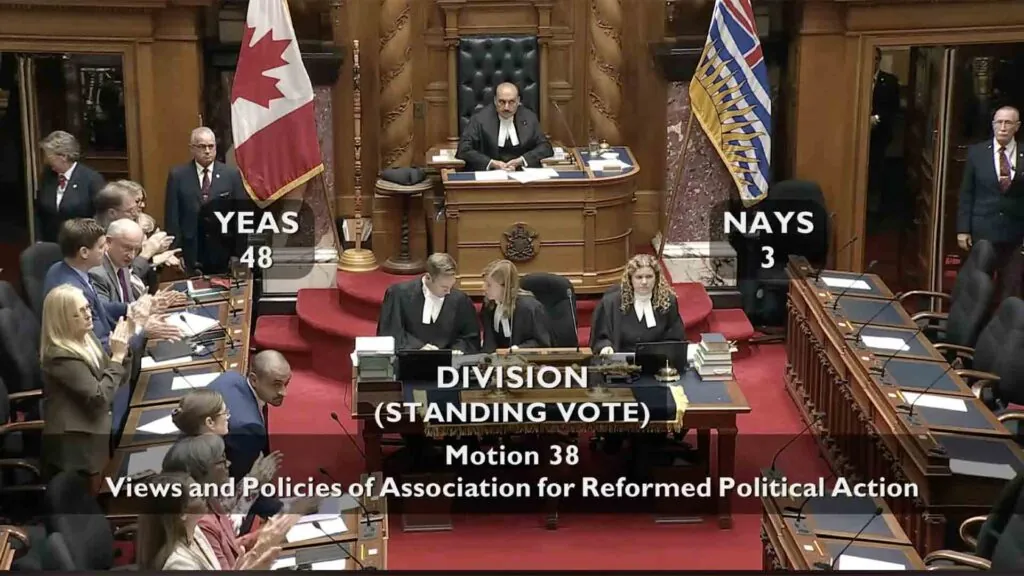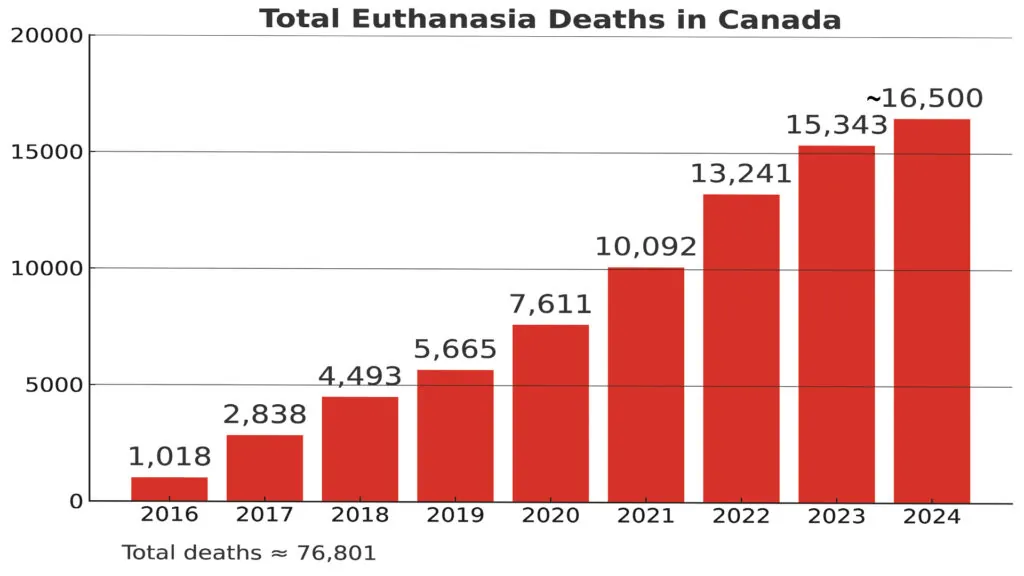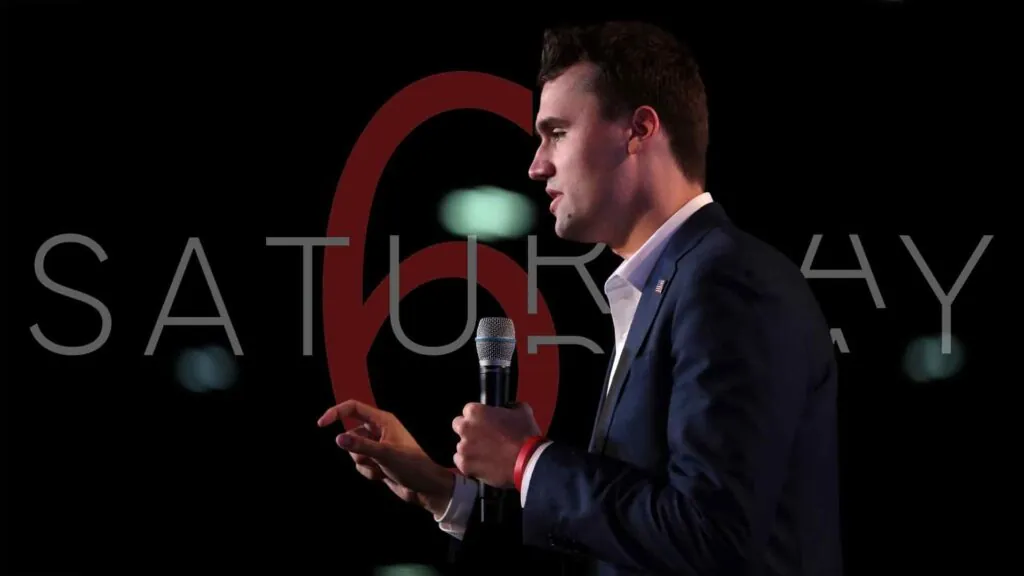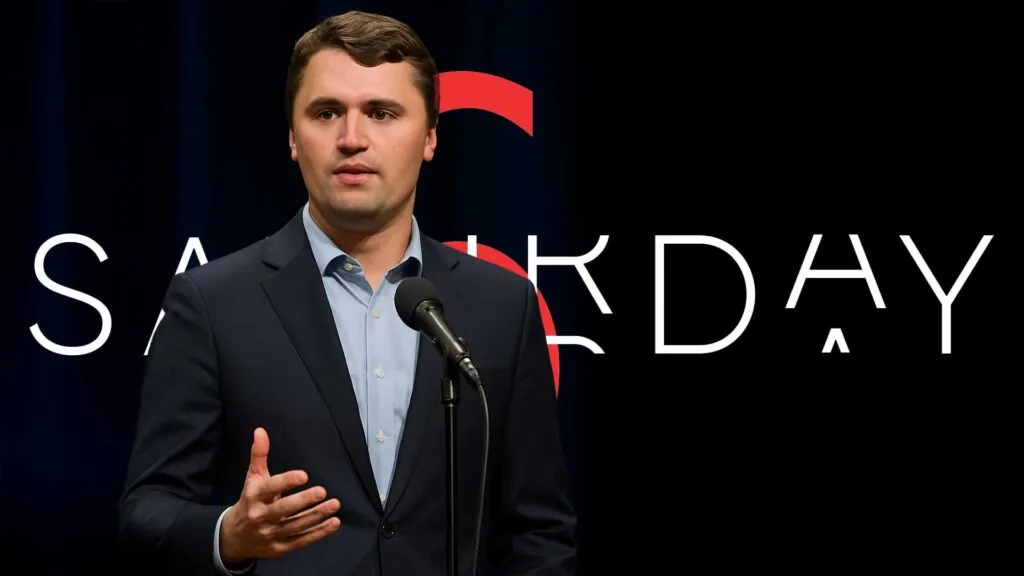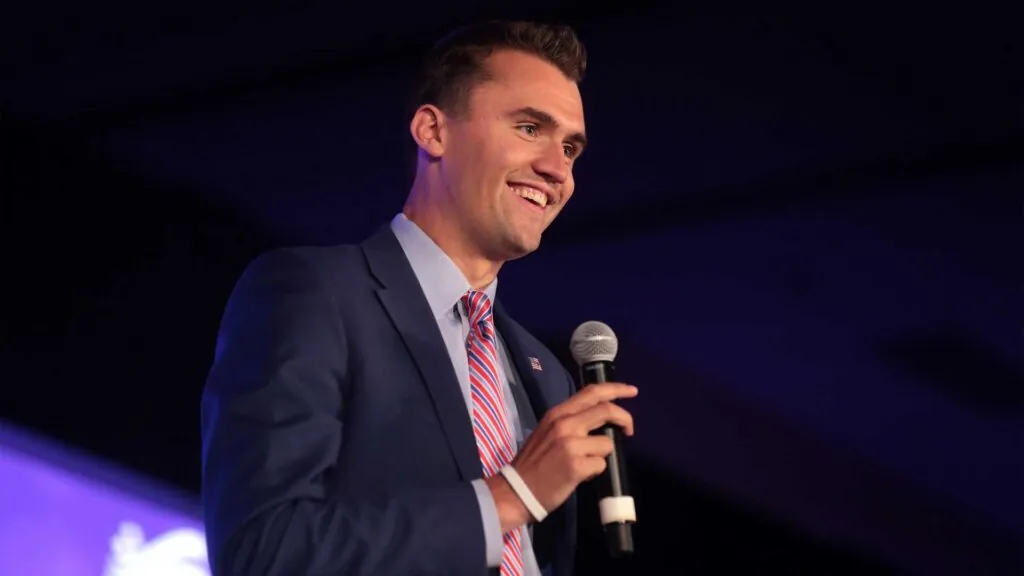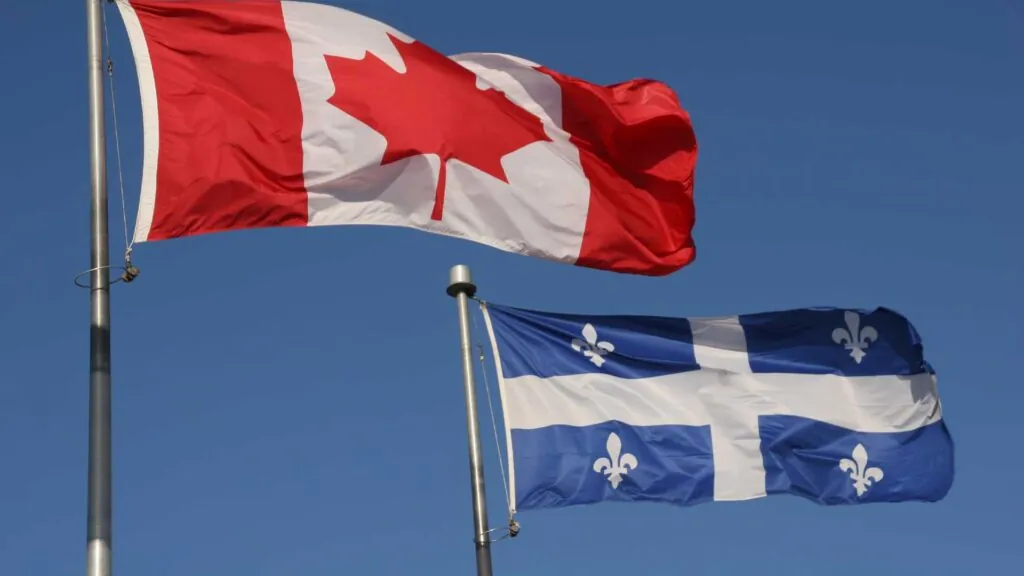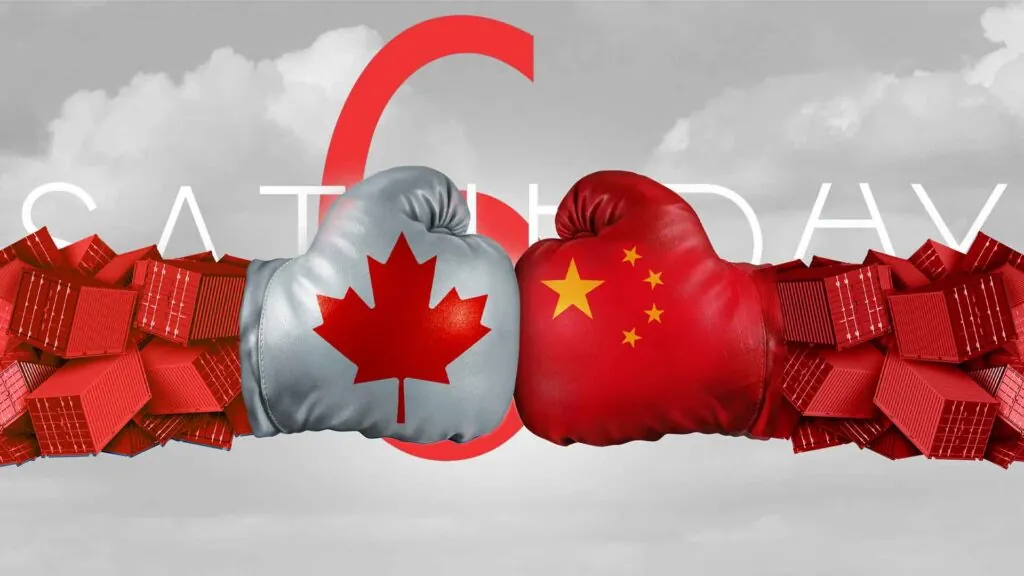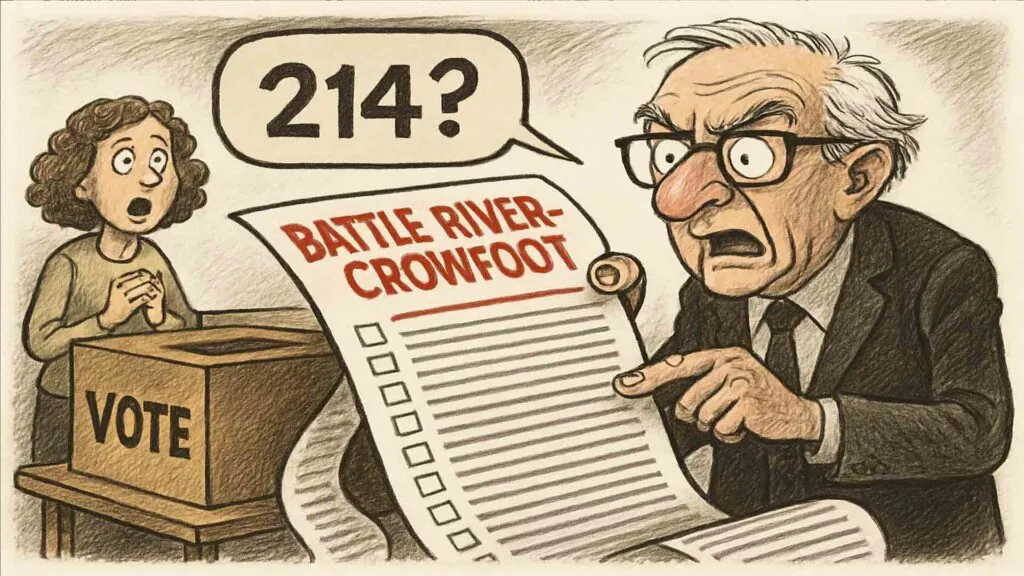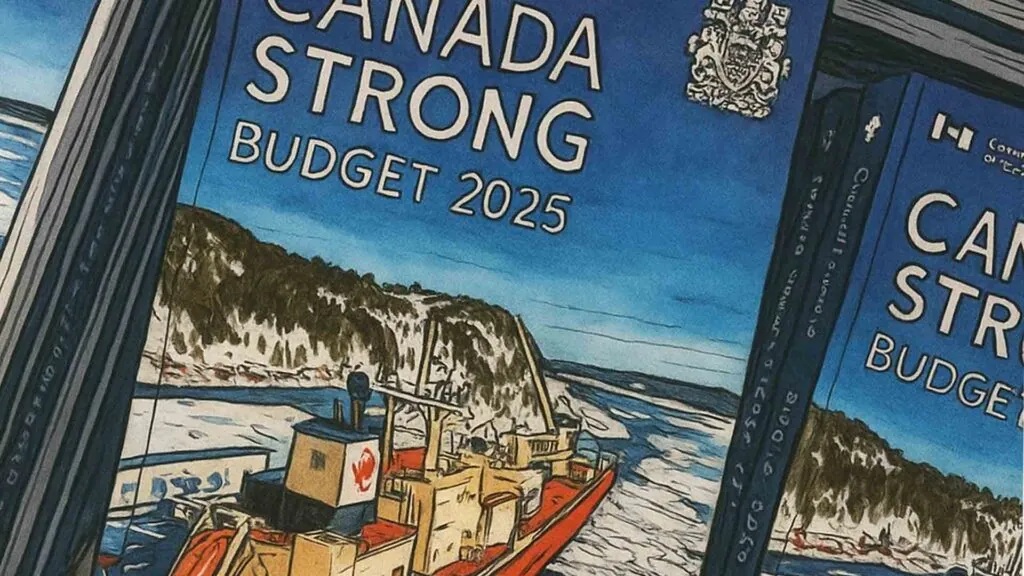
News
Government leaves religious and pro-life organizations alone in 2025 budget
Pro-life Christians can breathe a sigh of relief. Actually, you can take two. The 2025 federal budget unveiled on Tuesday leaves the charitable status of religious organizations and pregnancy care centers alone.
2024 – the threat
Both of these concerns were raised late in 2024 when the Standing Committee on Finance reported on its pre-budget consultations. This is a standard practice, where the government gives Canadians the opportunity to share what they want to see in the upcoming federal budget. The report made a whopping 462 recommendations, but two caught the eye of pro-life Christians:
• Recommendation 429 suggested removing the charitable status of “anti-abortion organizations.”
• Recommendation 430 proposed removing charitable status for religious organizations.
The latter recommendation came out of left field. Organizations like the BC Humanist Association have long lobbied for the government to give religious activities less time, less money, and less recognition. But no mainstream political party or figure had seriously entertained the idea until this federal finance committee recommendation. Even after this recommendation was made, Karina Gould, the new chair of the Finance Committee, wrote the following to the Canadian Executive Director of the Christian Reformed Church
“Charitable status for religious organizations is not under review, and this government has no plans to change that. Any suggestion otherwise is false. We respect the role faith-based organizations play in communities across the country, and religious organizations continue to enjoy charitable status under the same rules that apply to all charities in Canada. There have been no policy or legislative changes proposed that would revoke charitable status from religious groups including churches.”
Roots in 2021
The idea of revoking the charitable status of pregnancy care centers, however, has a longer history. In their 2021 election platform, the Liberals explicitly promised to remove the charitable status of “anti-abortion organizations (for example, Crisis Pregnancy Centres).” This recommendation not only betrayed their pro-abortion stance but also accused pro-life organizations of providing:
“…dishonest counselling to women about their rights and about the options available to them at all stages of the pregnancy.”
Of course, they entirely ignored the material, emotional, and relational assistance these pregnancy care centers provide.
Then last fall, the federal government announced its intention to introduce legislation to require pregnancy care centers to either disclose that they do not provide abortions or else lose their charitable tax status. Thankfully, gridlock in Parliament, the resignation of Justin Trudeau as prime minister, and the spring federal election prevented such a bill from being introduced.
2025 and onward
These attacks on pregnancy care centers were dropped from the Liberals’ 2025 election platform. Though there is no mention of the revocation of charitable status for religious organizations or “anti-abortion” organizations in the federal budget, and though the current government seems to have different priorities than the last one, this isn’t necessarily the end of the story.
Given that tens of millions of Canadians identify as religious and that revoking the charitable status of religious organizations would be a massive departure from four hundred years of charitable status tradition, this change seems unlikely to be implemented in the near future. Not only would this be bad policy, it would also be bad electoral politics for the government.
However, the Liberal Party has firmly set its face against the pro-life cause. They’ve done so in every recent vote on abortion legislation, and in the change they made in 2017 to the Canada Summer Jobs program which required applicants to declare support for abortion, and in their continued funding for abortion. So the government may well set pregnancy care centers in their sights again in the coming years. A good test of the government’s intentions will be whether this recommendation reappears in the final consultation report before next year’s budget.
We need to continue to remind our Members of Parliament of the benefits that both religious organizations and pregnancy care centers provide, so as to fend off attacks on their charitable status.
Levi Minderhoud is a policy analyst for ARPA Canada (ARPACanada.ca).








